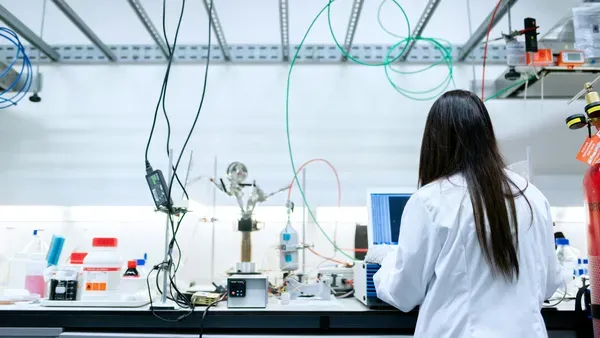Google just announced its largest PhD Fellowship Program investment yet, committing over $10 million to support 255 graduate students across 35 countries. The 2025 cohort marks a significant expansion into Latin America and the Middle East, as the tech giant doubles down on fundamental AI and computer science research. With over 950 fellows supported since 2009, Google's betting big that today's PhD students will solve tomorrow's biggest challenges.
Google is making its biggest bet yet on the next generation of AI researchers. The company's 2025 PhD Fellowship Program just committed over $10 million to support 255 graduate students across 35 countries - a massive expansion that signals how serious Big Tech is about controlling the future of artificial intelligence research.
The announcement comes as tech giants race to lock up top AI talent before they even graduate. Google.org Director Leslie Yeh revealed the program now spans 12 research domains, with each fellow receiving funding, dedicated Google mentorship, and access to the company's research network. It's essentially Google's way of identifying and nurturing tomorrow's AI leaders while they're still in grad school.
What's particularly striking is the geographic expansion. This year marks Google's first push into Latin American and Middle Eastern research ecosystems, adding to eight existing regions. The move reflects how the AI talent war has gone global - companies can't just focus on Stanford and MIT anymore when breakthrough research is happening everywhere.
"We strongly believe that supporting fundamental science leads to a generation of new knowledge, which fuels innovation and ultimately drives broad societal impact," the company stated in its official announcement. Translation: Google wants first dibs on the researchers who'll build the next generation of AI systems.
The numbers tell the story of Google's long-term strategy. Since launching in 2009, the program has supported over 950 students globally, representing 44 countries and 227 institutions. That's a massive talent pipeline spanning 16 years - these aren't just fellowships, they're relationship-building investments that often turn into full-time hires or research partnerships.
The timing isn't coincidental. As AI development accelerates and competition intensifies between Google, OpenAI, Microsoft, and others, having relationships with the world's brightest PhD students becomes increasingly valuable. Many of today's AI breakthroughs started as academic research projects - Google wants to be involved from day one.












